The United States, set to host the 2026 FIFA World Cup and the 2028 Summer Olympics in Los Angeles, is projecting two irreconcilable images to the world. On one hand, it is organizing the most unifying and celebrated events in global sports. On the other, it is implementing some of the most exclusionary immigration policies in recent memory.
President Donald Trump’s newly reinstated and expanded travel ban—targeting 12 countries with full restrictions and seven more with partial ones—is not merely a domestic policy. It is a geopolitical signal that the U.S. is not ready, or willing, to truly open its arms to the world.
The contradiction of a global celebration under closed skies
While the Trump administration has made some exceptions for athletes, coaches, and immediate family members traveling to participate in the World Cup and Olympics, no such leniency is offered to the people who make these events magical: the fans.
Countries like Iran, Haiti, Sudan, and Venezuela either have already qualified or are still in contention to reach the 2026 World Cup. Yet, fans from these nations are effectively barred from entering the U.S. This leads to a fundamental problem: some teams will have massive, visible support, while others will play in hostile or silent stadiums. That’s not home advantage—it’s competitive imbalance rooted in geopolitics.
FIFA’s double standard and selective diplomacy
While FIFA has long maintained that all participating nations must have fair access to host countries—including their fans and officials—the organization now seems reluctant to challenge the U.S. government. President Gianni Infantino, once a critic of exclusionary policies, has grown increasingly close to Trump, attending ceremonies, praising U.S. preparations, and avoiding direct comment on the travel ban.
This cozy relationship casts serious doubts on FIFA’s integrity. How can a governing body enforce unity and inclusion while standing shoulder to shoulder with a leader implementing exclusionary measures?
A travel ban disguised as “security”
The travel ban targets countries deemed by the Trump administration to have “deficient” security vetting procedures. Among them are nations with rich sporting traditions: Iran in football, Sudan in athletics, and Venezuela in baseball and soccer. The sweeping nature of the ban reflects not a nuanced security strategy, but a blunt instrument of discrimination.
Athletes may be exempt, but the uncertainty remains high. No clarity exists around training camps, smaller international tournaments, or even the new Club World Cup. Will athletes from these countries be allowed in for pre-tournament preparations? Will fans be allowed in if they hold dual citizenship or visas from third countries?
These questions go unanswered by the U.S. State Department, whose silence only deepens the instability surrounding these events.
Related content: Toronto and Vancouver Gear Up for 2026 World Cup
Selective hospitality is not hospitality
The message from Washington is clear: “We want your talent, not your people.” Athletes may enter, but ordinary citizens from banned countries are being left out in the cold. This undermines the very ethos of the Olympic Games and World Cup, which are designed to bring people together—not just elite performers but entire nations.
Let’s not forget that the Olympics originated as a peace-building event. A travel ban that excludes the fans, friends, and families of athletes is not just counterproductive—it’s anti-Olympic.
Human rights concerns go beyond visas
The travel ban is just one part of a broader pattern of authoritarian policy. U.S. immigration officials have detained individuals for tattoos they deemed threatening, including symbols common in soccer culture. Female athletes perceived to have “masculine” features may face gender-based scrutiny or accusations of fraud. The Secretary of State has claimed he can revoke a visa if someone behaves “contrary to our foreign policy.”
This is not theoretical. It has already happened.
Sudanese-born basketball star Khaman Maluach was advised not to leave the U.S. for fear he would not be allowed to return. Tibetan and Guatemalan soccer teams were denied entry in prior years. Cuban team captains have been blocked from international competitions. Even visas that were valid have been summarily revoked.
The chilling effect on sponsors, broadcasters, and tourism
Hosting global mega-events requires more than stadiums and fireworks. It needs trust—trust that the host country is stable, inclusive, and commercially viable. Trump’s America offers none of that.
Markets are volatile, state deficits are soaring (California faces a $78 billion shortfall), and infrastructure projects tied to the Games have already been downsized or canceled. Santa Monica pulled out of hosting Olympic beach volleyball after discovering it would lose money.
Why should global sponsors or fans invest in a country where entry is uncertain, treatment is unpredictable, and values shift with the whims of one man?
A warning for the future of global sport
The world has options. Qatar and Russia, controversial hosts in their own right, at least opened their borders temporarily to World Cup fans. Tickets doubled as visas. Canada and Mexico, co-hosts of the 2026 World Cup, have more inclusive immigration policies. If the U.S. fails to offer guaranteed access and fair treatment, organizations like FIFA and the International Olympic Committee have every right—and responsibility—to reconsider the host designation.
Hosting the Olympics or the World Cup is not a birthright; it is an earned honor. It is a statement of readiness to welcome the world. Right now, the United States is doing the opposite: isolating, filtering, excluding.
When a host turns hostile
Mega-sporting events are not just competitions—they are symbols. They are proof that nations can come together in peace, celebration, and shared humanity. Trump’s travel ban sends the opposite message: that the U.S. will pick and choose who is welcome based on politics, ideology, and identity.
That is not Olympic. That is not FIFA. And it is not acceptable.
The world deserves better. And unless the United States rethinks its approach, perhaps it’s time to give these tournaments to countries that understand what global sports really mean.
Canada, anyone?

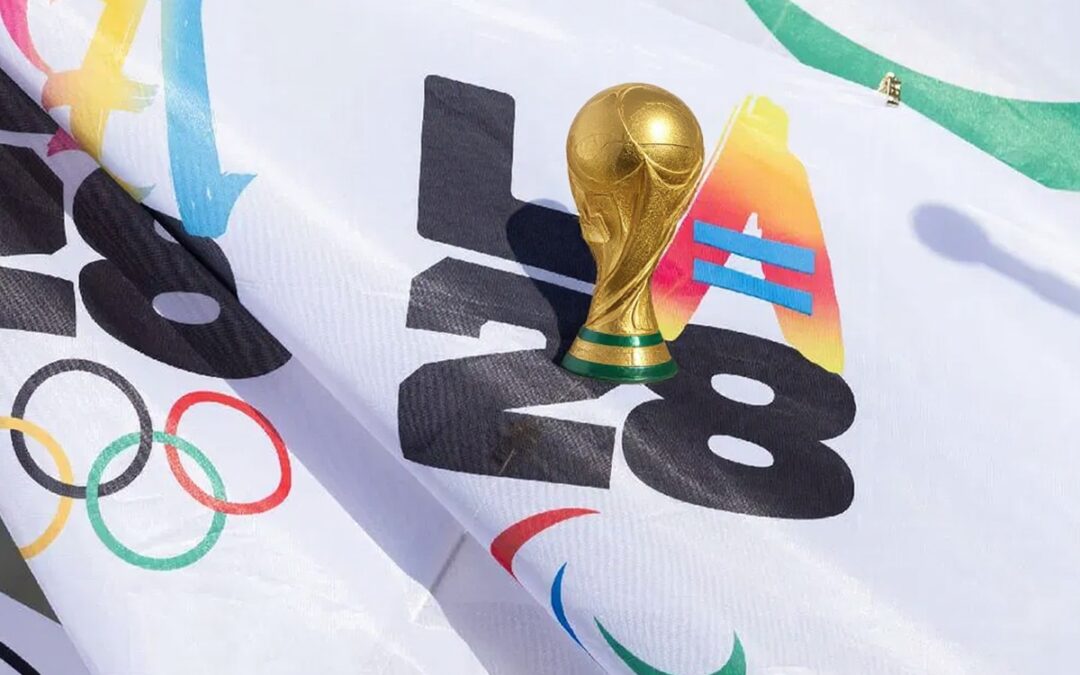
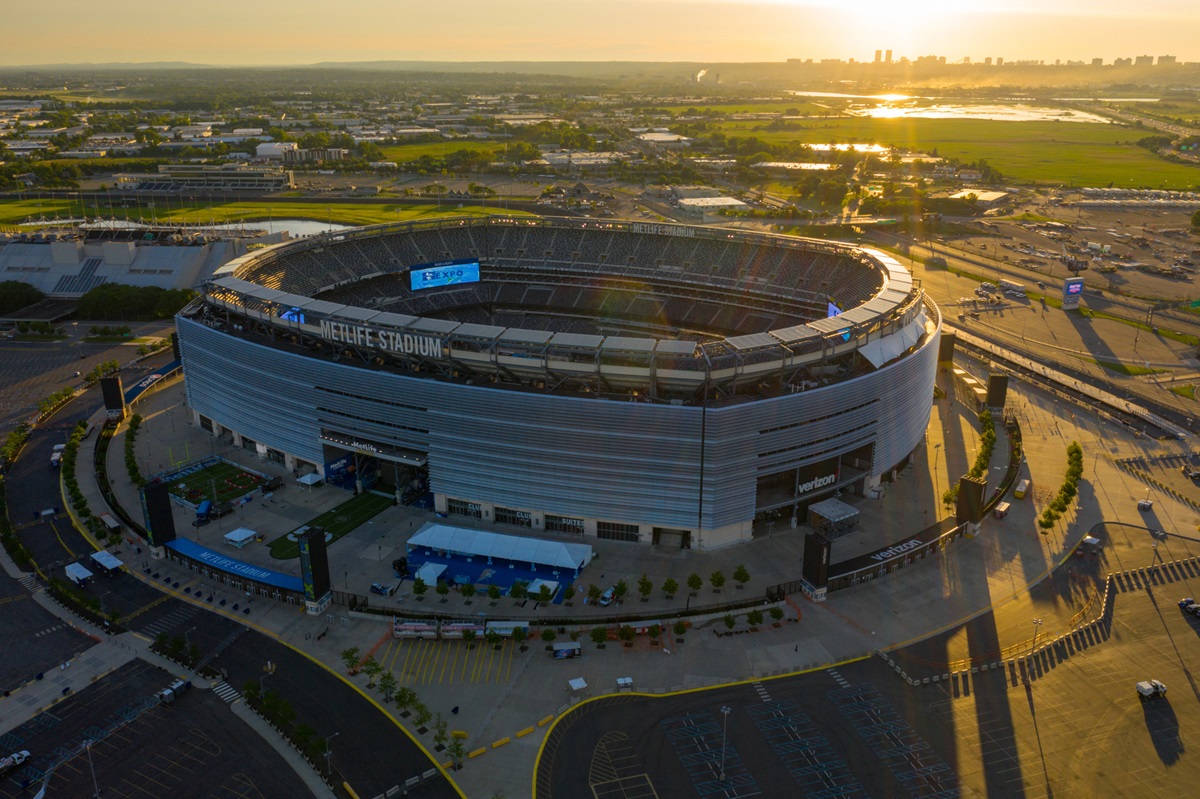
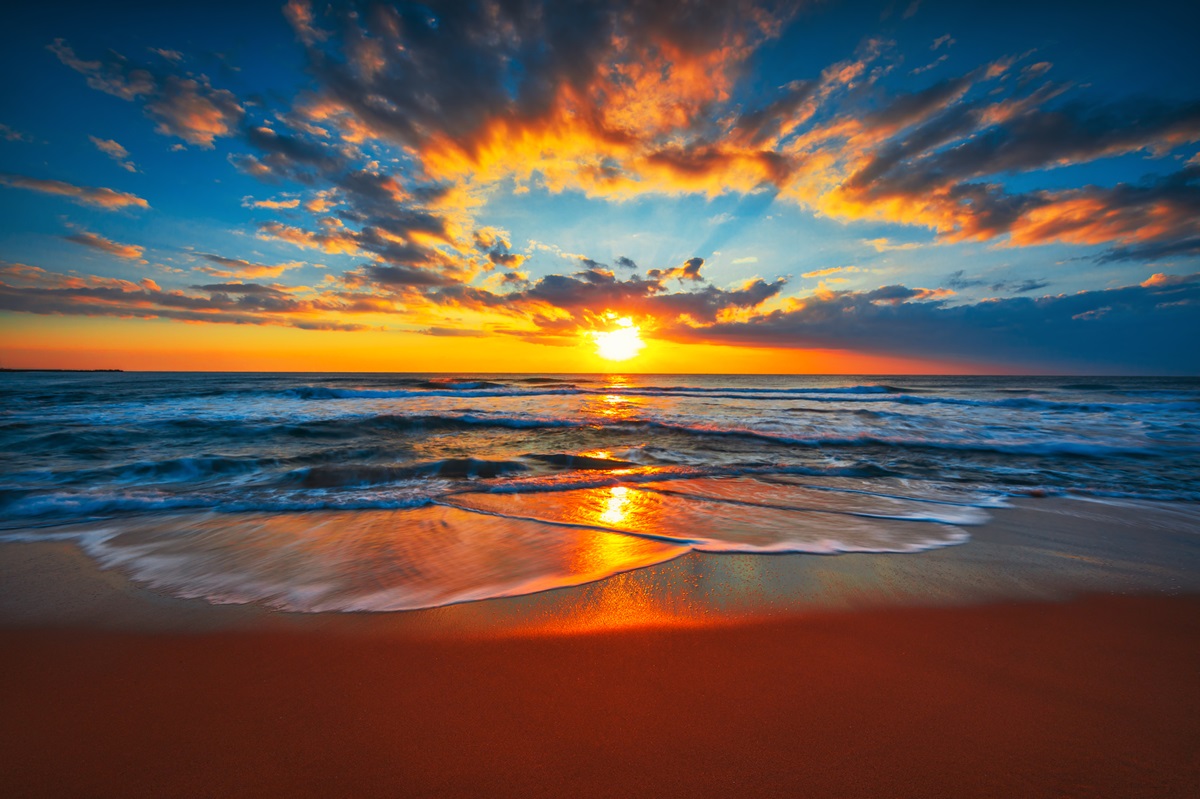
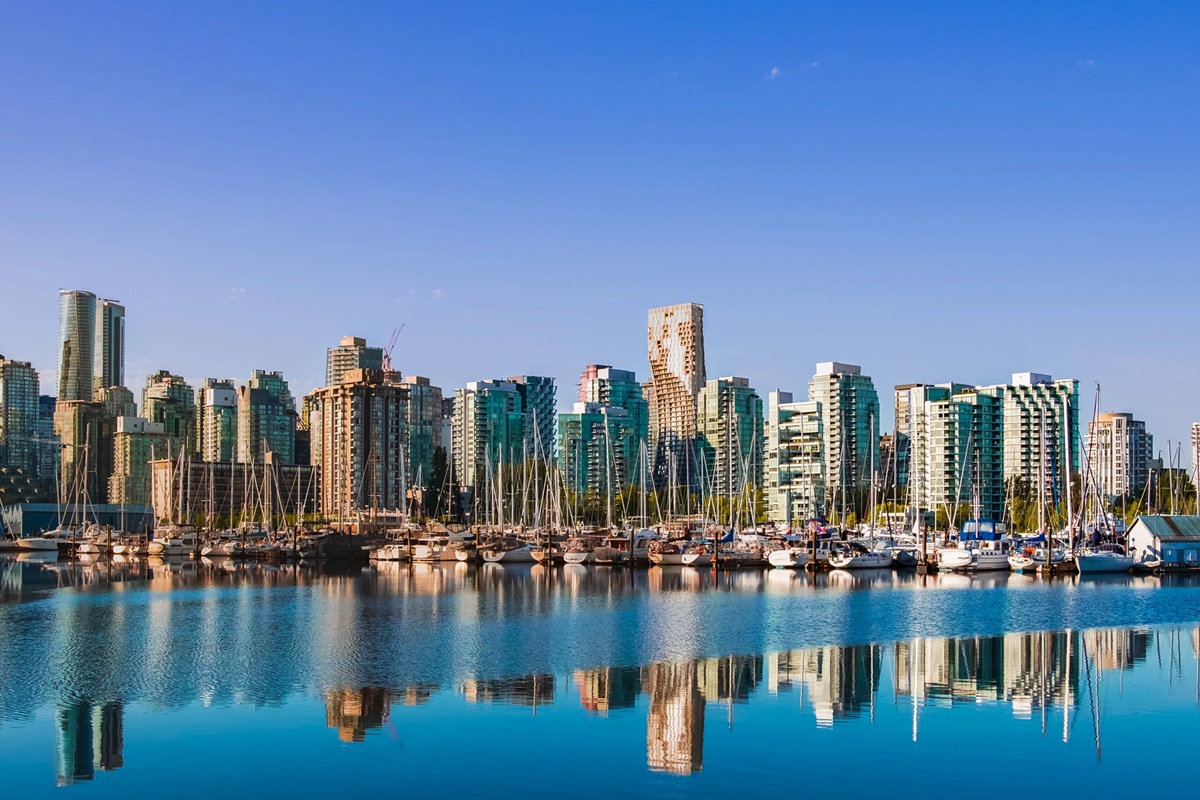
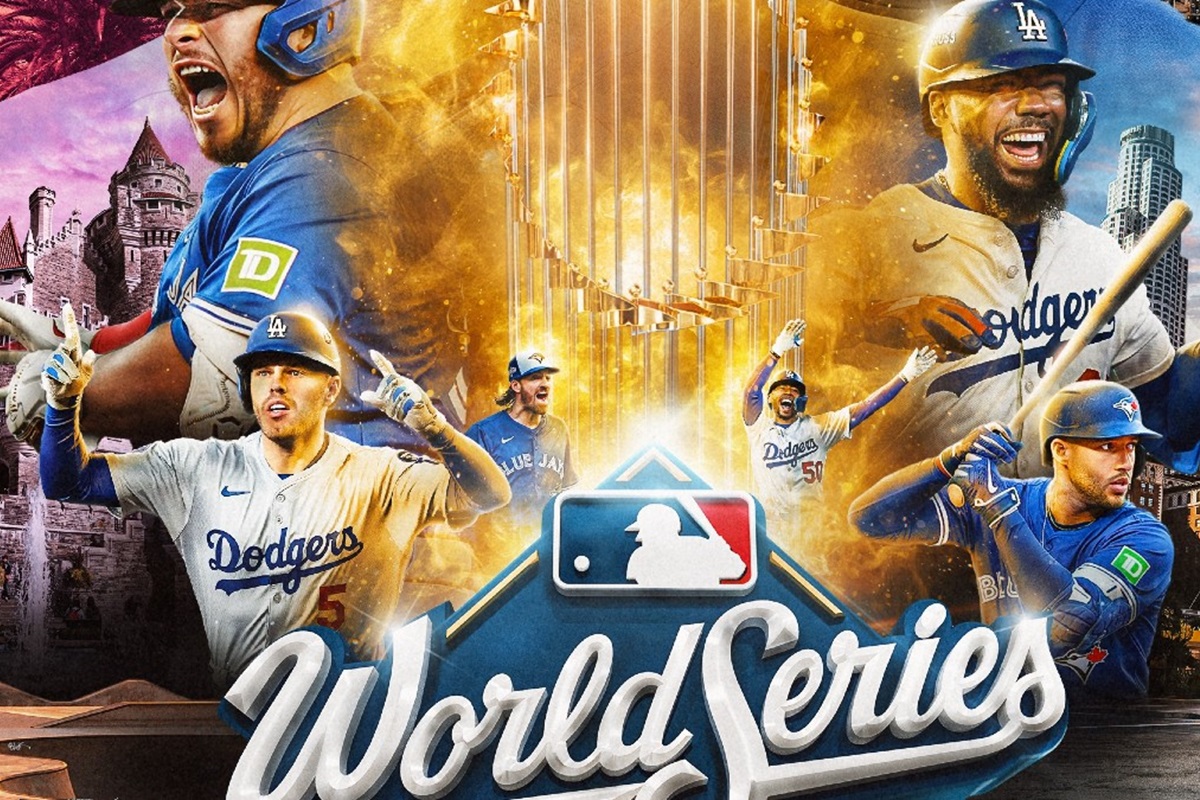


Your approach is rational and intelligent. If Donald Trump wants to change the international rules, wise countries will stay away from the Divided States.
The US present human rights record and immigration policies should exclude them as a host. I’m shocked this is bring allowed. Just more people giving into something wrong.